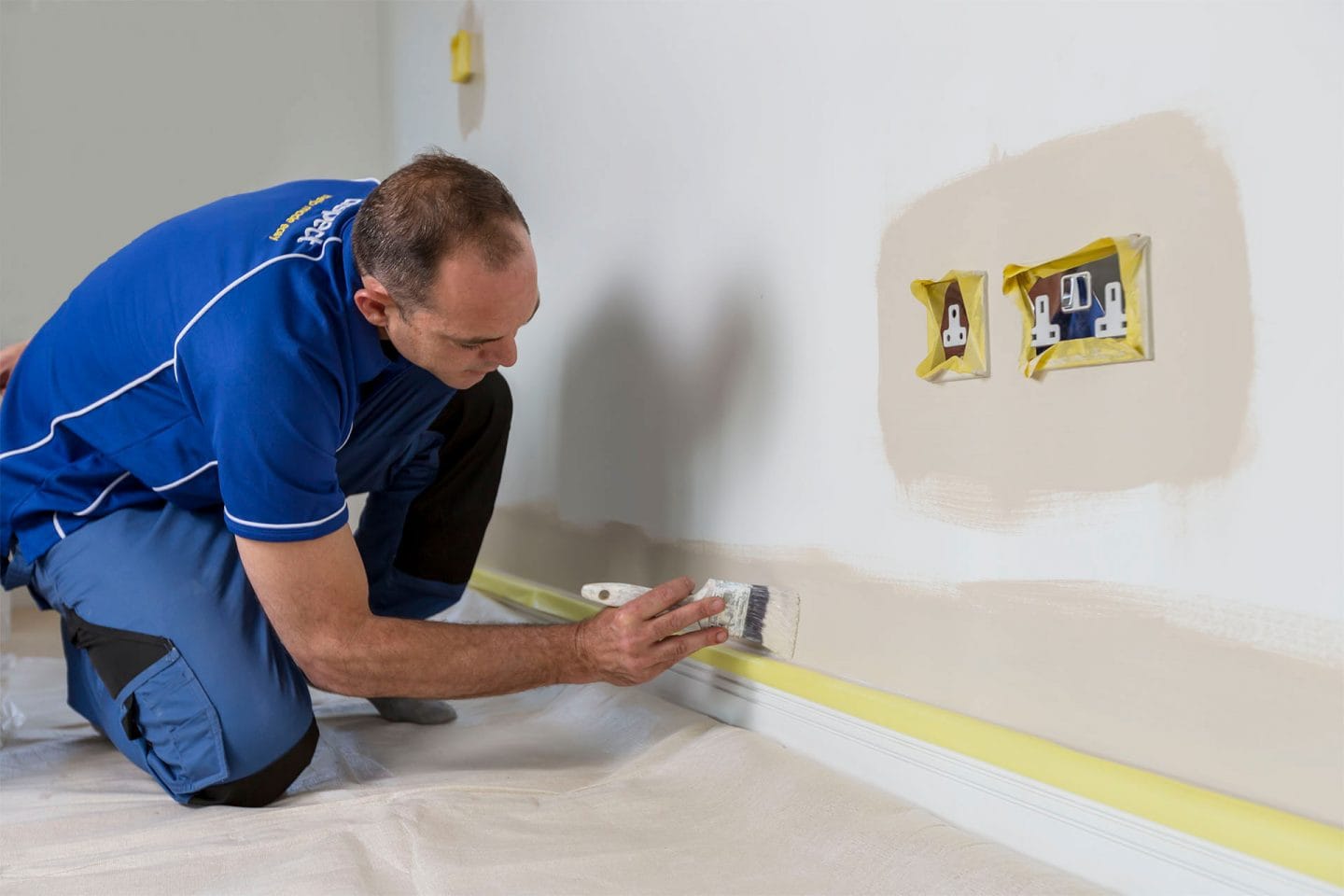
Painters and decorators breathe new life into ordinary environments. They prepare and apply interior and outdoor paint, wallpaper, and other finishes. As a painter and decorator, you’d be in high demand. You may work on residential, commercial, or industrial construction projects or specialise in restoration or historical preservation.
Responsibilities
Throughout your apprenticeship, you may help:
- work out how much paint or wall covering is needed for a job
- lay down dust sheets and prepare materials
- strip off old wallpaper or layers of paint
- fill holes and cracks and make sure surfaces are level
- cover surfaces with primer and undercoat
- mix paint to the right shade, often using computerised colour-matching equipment
- apply coats of paint or hang wallpaper
- add special finishes like stains, varnishes or marbling
- tidy up after finishing, and clean your tools.
Salary
- Apprentice painter and decorators can earn £17,000 – £20,000
- Trained painter and decorators with more experience can earn £20,000 – £30,000
- Senior/master painter and decorators can earn £30,000 – £50,000
- Self-employed painter and decorators set their own pay rates.
Working hours
You will typically work 42 to 44 hours per week occasionally working evenings and weekends.
Your time will be split between on-the-job experience and a college or training provider.
Working environment
You could work at a client’s business or at a client’s home.
Your working environment may be at height.
You may need to wear protective clothing.
Qualifications
Qualifications you can achieve as an apprentice painter and decorator include:
- Level 2 Painter and Decorator – Entry requirements for this level include 2 or more GCSEs at grades 9 to 3 (A* to D), or equivalent, for a level 2 course. This qualification will take 36 months to complete.
Skills
On a painting and decorating apprenticeship, you’ll learn:
- to be thorough and pay attention to detail
- the ability to work well with others
- the ability to work well with your hands
- to be flexible and open to change
- the ability to accept criticism and work well under pressure
- customer service skills
- knowledge of public safety and security
- business management skills
- to be able to carry out basic tasks on a computer or hand-held device.
Career path and progression
With experience, you could become a team supervisor or move into related areas like estimating, contract management, interior or set design.
You could work in heritage conservation, or set up your own business.
You could also move into apprentice training or teaching in a further education college.
